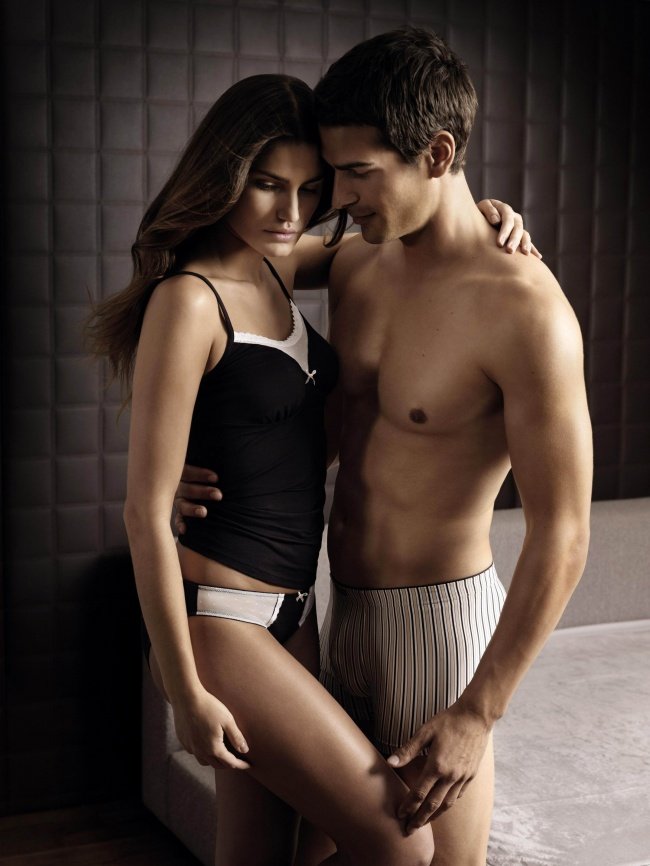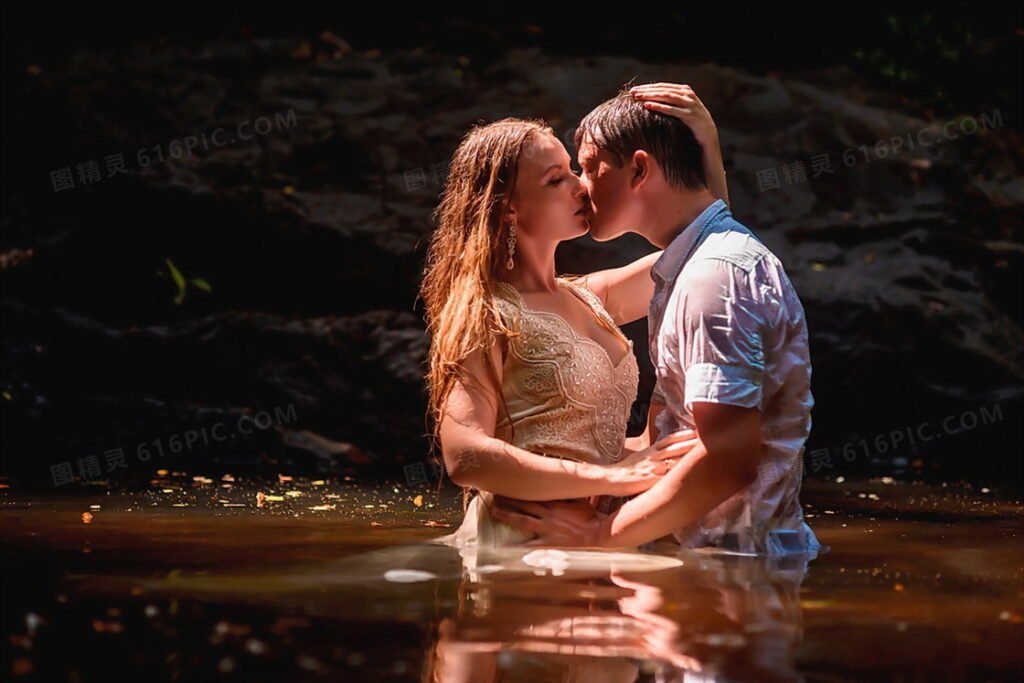
In the ever-evolving world of relationships, finding the right dating format can make all the difference. From classic dinner dates to innovative virtual meetups, there’s a format to suit every personality and preference. Here, we explore diverse dating formats, real-life examples, and tips to help you navigate the world of dating with confidence.

Classic Dinner Date: A Timeless Dating Format
The dinner date is a tried-and-true method for getting to know someone. Sharing a meal provides an opportunity for meaningful conversation in a relaxed setting.
Example:
Sarah and John, both food enthusiasts, met at an Italian restaurant. Over pasta and wine, they discovered a mutual love for travel and planned a future trip to Italy.
Why It Works:
- Encourages one-on-one interaction.
- Allows exploration of common interests, like food or wine preferences.
Tip: Choose a quiet place to avoid distractions. For restaurant suggestions, you can visit Michelin Guide to find top-rated locations near you.

Outdoor Adventure Dates: Active Dating Formats
If you and your date enjoy nature, an outdoor adventure can be the perfect icebreaker. Hiking, kayaking, or even a simple picnic can create a memorable experience.
Example:
Mike and Anna went hiking in Yosemite National Park. The shared challenge of climbing steep trails brought them closer and sparked a mutual appreciation for teamwork.
Why It Works:
- Encourages collaboration and bonding.
- Provides beautiful, stress-free surroundings.
For hiking trails and safety tips, check out National Park Service.
Virtual Dates: Modern Dating Formats
In the digital age, virtual dating has gained popularity, especially for long-distance connections. Video calls, virtual games, and shared streaming sessions offer unique ways to interact.
Example:
Emily and Raj, separated by thousands of miles, watched a documentary together using a streaming platform’s group watch feature. Their post-movie discussion deepened their connection.
Why It Works:
- Convenient for long-distance dating.
- Offers creative ways to connect.
For ideas on virtual date activities, visit Psychology Today.
Hobby-Based Dates: Engaging Dating Formats
Sharing a hobby or learning something new together can break the ice and add a fun twist to your date.
Example:
Laura and Ben took a pottery class for their first date. Amid shared laughs over misshapen bowls, they built a foundation for their relationship.
Why It Works:
- Focus shifts from typical “date pressure” to the activity.
- Highlights compatibility in interests and teamwork.
Find local hobby classes and workshops through Meetup.
Group Dates: Social Dating Formats
Group dates are perfect for easing first-date jitters. Being surrounded by friends allows for a more relaxed and natural interaction.
Example:
Jessica and Tom met at a friend’s board game night. The group setting allowed them to get to know each other without the intensity of a one-on-one date.
Why It Works:
- Reduces the pressure of traditional dating.
- Offers insights into how someone interacts with others.
For fun group activities, explore Board Game Geek.
Real-Life Speed Dating: Efficient Dating Formats
Speed dating remains a favorite for meeting multiple potential partners in a short time. Each interaction provides a glimpse into compatibility.
Example:
At a speed-dating event, Paul and Mia connected over their shared love for volunteering. Their quick conversation turned into a meaningful relationship.
Why It Works:
- Maximizes efficiency in finding matches.
- Encourages genuine first impressions.
Learn more about speed dating events at Wikipedia.
Spontaneous Day Out: An Exciting Dating Format
Sometimes, an impromptu day exploring a city or attending a festival can make for a fantastic date. Spontaneity adds excitement and unpredictability.
Example:
Chris and Elena stumbled upon a street art festival during their first date. The vibrant atmosphere and shared discovery turned the outing into an unforgettable memory.
Why It Works:
- Keeps things lighthearted and exciting.
- Sparks natural, unplanned moments of connection.
For event ideas, check local listings on Time Out.
The Reflective Moment After the Date
Regardless of the format, reflection is key to understanding your connection with someone. Consider what worked and what didn’t to improve future dates.